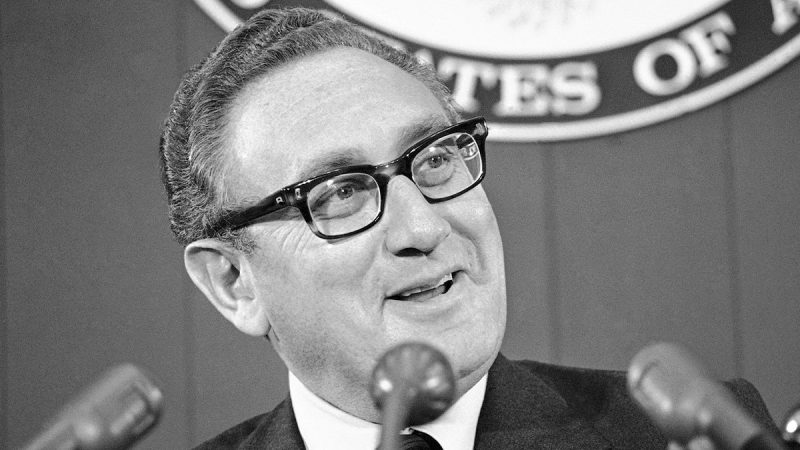Henry Kissinger is a name that still evokes strong images of power and influence in global affairs. As one of the most influential US foreign policy makers in the 20th century, Kissinger’s work and ideology dominate our view of the 1970s and his effect on geopolitics of the period continues to be widely debated. Here are five things to know about Kissinger:
First, Kissinger was born in Germany in 1923 and emigrated to the United States in 1938 just as Europe was on the brink of World War II. He went on to attend Harvard University and eventually earned a PhD in 1954 and began his long journey in public service.
Second, Kissinger rose to prominence in international affairs when he was appointed National Security Advisor in 1969 and Secretary of State in 1973. His work focused on bilateral diplomacy, international arms control, and regional peace talks like the one held between Egypt and Israel in 1974.
Third, Kissinger won the Nobel Peace Prize in 1973 for his efforts in helping to end the Vietnam War. His efforts were seen as a major breakthrough in international relations as it enabled the US to pull out of the conflict and bring the Vietnamese and Americans to the peace table.
Fourth, Kissinger is also noted for his expansive view of foreign policy and his belief in realpolitik. This included a belief that the interests of the US must be pursued without relying on moral principles or ideology and that the main goal is to protect the nation’s security.
Lastly, Kissinger had a profound effect on American foreign policy in the 1970s and his influence is still felt today. From his role in creating a détente between the US and the Soviet Union, to being a part of negotiations that led to the Paris Peace Accords in 1973, Kissinger proved to be a master negotiator and deftly maneuvered the different factions and ideologies of the Cold War.
In conclusion, Henry Kissinger was a dominant figure in global affairs during his time in office and his legacy continues to shape our views of international politics and the US role in the world. His role in ending the Vietnam War, as well as his beliefs in realpolitik and the importance of self-interest in international relations, have impacted American foreign policy today.

